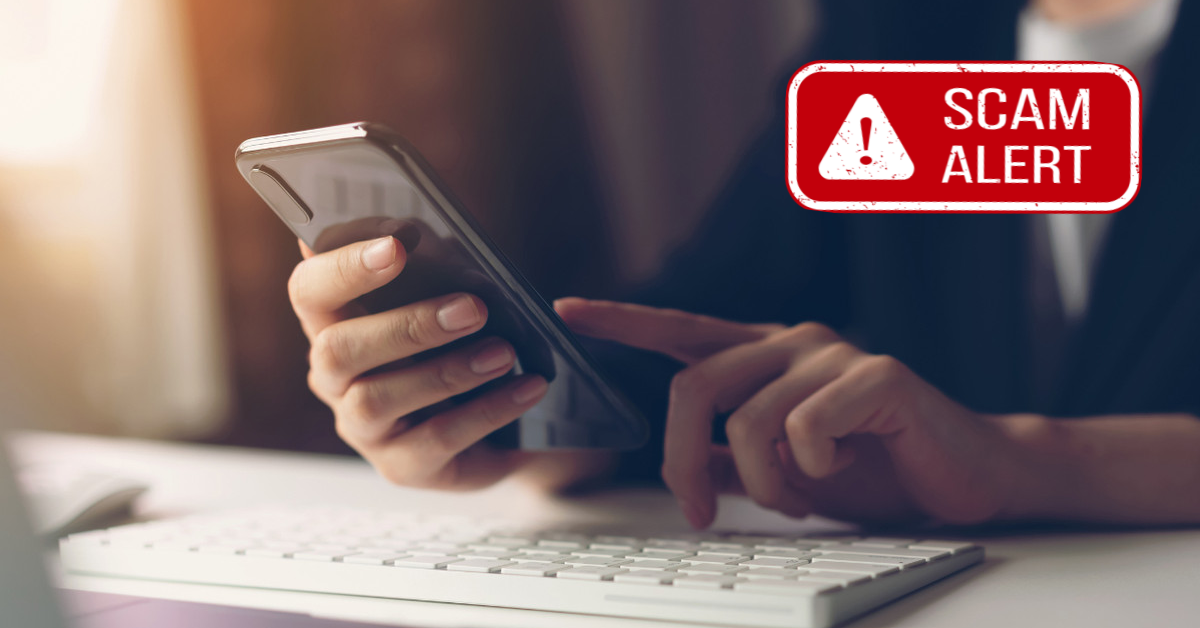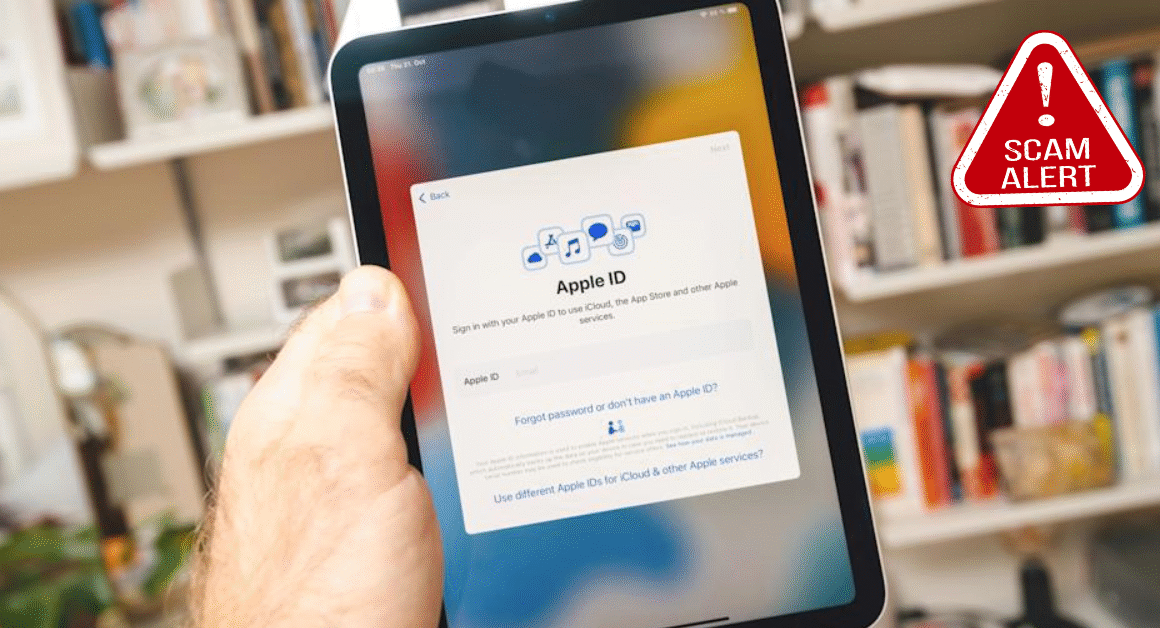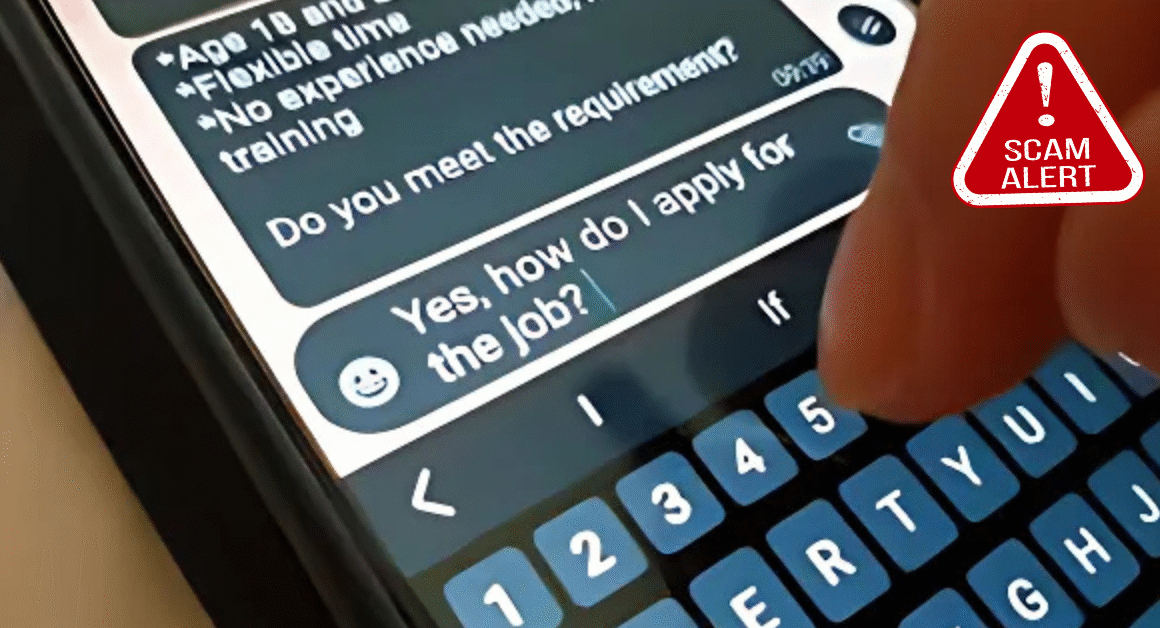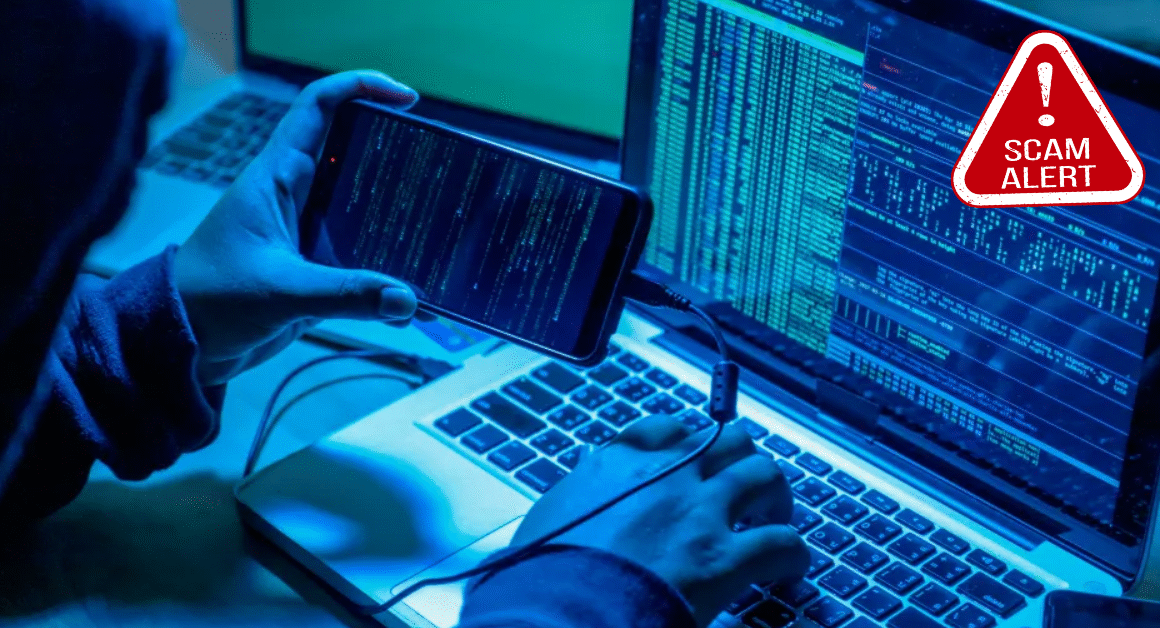Consumers Energy has alerted its customers about a wave of scam calls and emails that claim to be from the company, demanding immediate payment. These fraudulent messages try to scare people into paying bills that are not real or do not exist. Such scams can cause unnecessary stress and financial loss, so it is important to stay informed and cautious.
This warning comes as part of a broader effort to protect consumers from scams that try to take advantage of people’s trust. Consumers Energy has reminded everyone to double-check before making any payments or sharing personal information. If you receive such suspicious messages, you should verify directly with the company through official contact channels.
What Are the Scam Calls and Emails About?
The scam calls and emails usually claim that there is an unpaid bill or a problem with your electricity account. They pressure recipients to pay immediately to avoid service disconnection. Scammers often use threats or urgent language to create fear, hoping you will act without thinking. This kind of fraud is not unique to Consumers Energy and has been reported by many utilities worldwide.
It is important to know that Consumers Energy typically sends bills via mail or through their official online account system. They do not demand payments through over-the-phone or email messages that ask for unusual payment methods like gift cards, wire transfers, or cryptocurrency.
How to Recognize and Avoid These Scams
To protect yourself from falling victim to these scams, always be cautious when dealing with unexpected calls or emails asking for payment. Here are some useful tips:
- Do not provide personal or financial information over the phone or email unless you are sure who you are talking to.
- Avoid clicking on links or downloading attachments from unknown or suspicious emails.
- Contact Consumers Energy directly using phone numbers or email addresses found on their official website (consumersenergy.com).
- Check your account status by logging into your official online account instead of responding to the message.
- Report any suspicious calls or emails to Consumers Energy and relevant authorities.
According to the Federal Trade Commission (FTC phishing guide), scams often use urgent language and ask for payment through untraceable methods, a clear sign of fraud.
Consumers Energy’s Response to These Scams
Consumers Energy is actively working to identify and stop these scam efforts. They encourage customers to remain vigilant and share information about any suspicious contacts. The company also provides resources on their website that explain how to spot fraud and what steps to take if you are targeted.
Customers are urged to never ignore bills or communications from the utility. Genuine notices will clearly state the billing details and official payment options. If you ever doubt the authenticity of a message, calling Consumers Energy directly is the safest option.
Why Are Scammers Targeting Utility Customers?
Utility bills are a regular monthly expense, making customers a tempting target for scammers. By pretending to be from a trusted company like Consumers Energy, fraudsters try to gain access to money or personal information that can be misused. This scam is part of a larger trend of increasing fraud attempts during financial uncertainty or emergencies.
Staying informed, cautious, and verifying every unusual communication helps protect your money and personal data. Using official channels only and reporting suspicious activities contributes to stopping these scams and protecting other consumers.
Final Thoughts: Stay Alert and Protect Yourself
Always be alert when receiving calls or emails demanding payment for your utility bills. If anything feels strange or too urgent, take a step back and verify the information from trustworthy sources. Remember, Consumers Energy wants to help its customers, not scare them.
For more information and updates, visit the official Consumers Energy website or check trusted government resources such as the Federal Trade Commission (FTC Consumer Information). Being cautious now can save you trouble later, so protect yourself by knowing the signs of scams and acting wisely.













